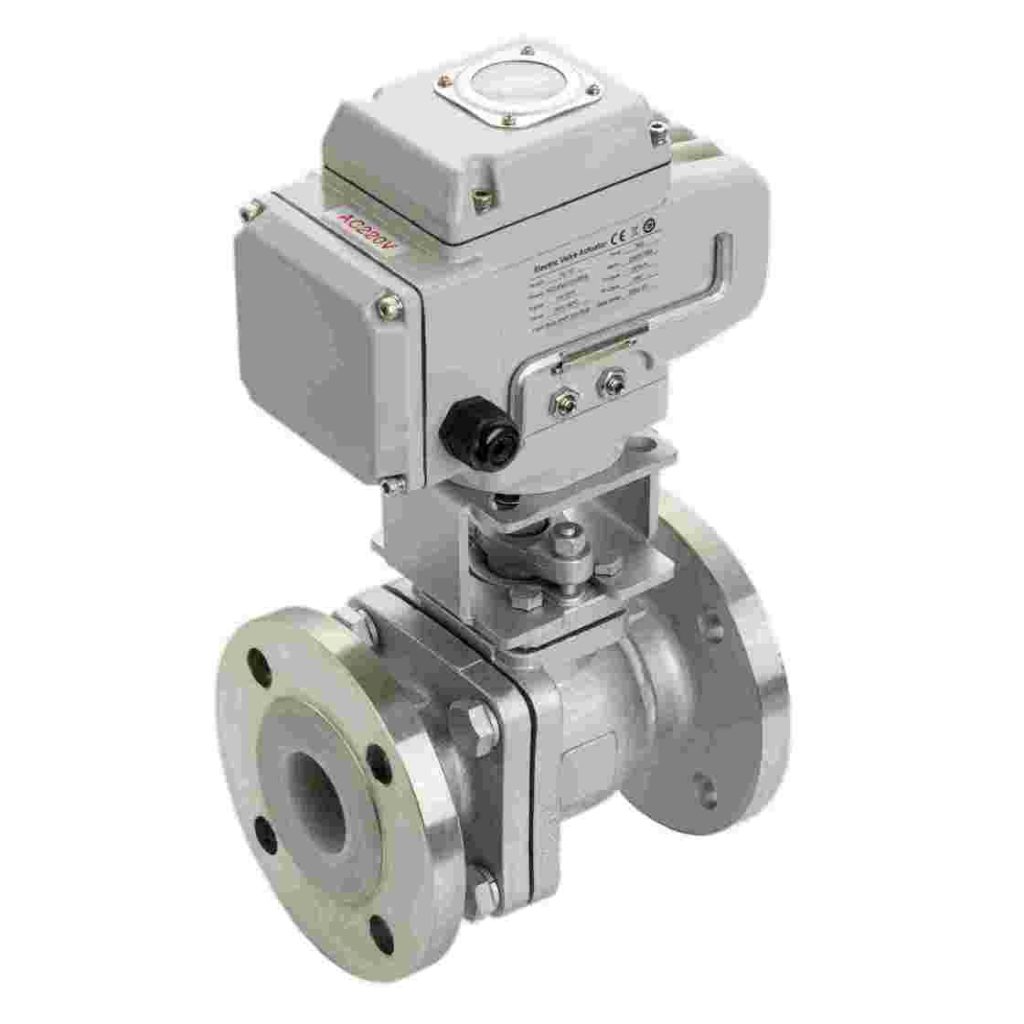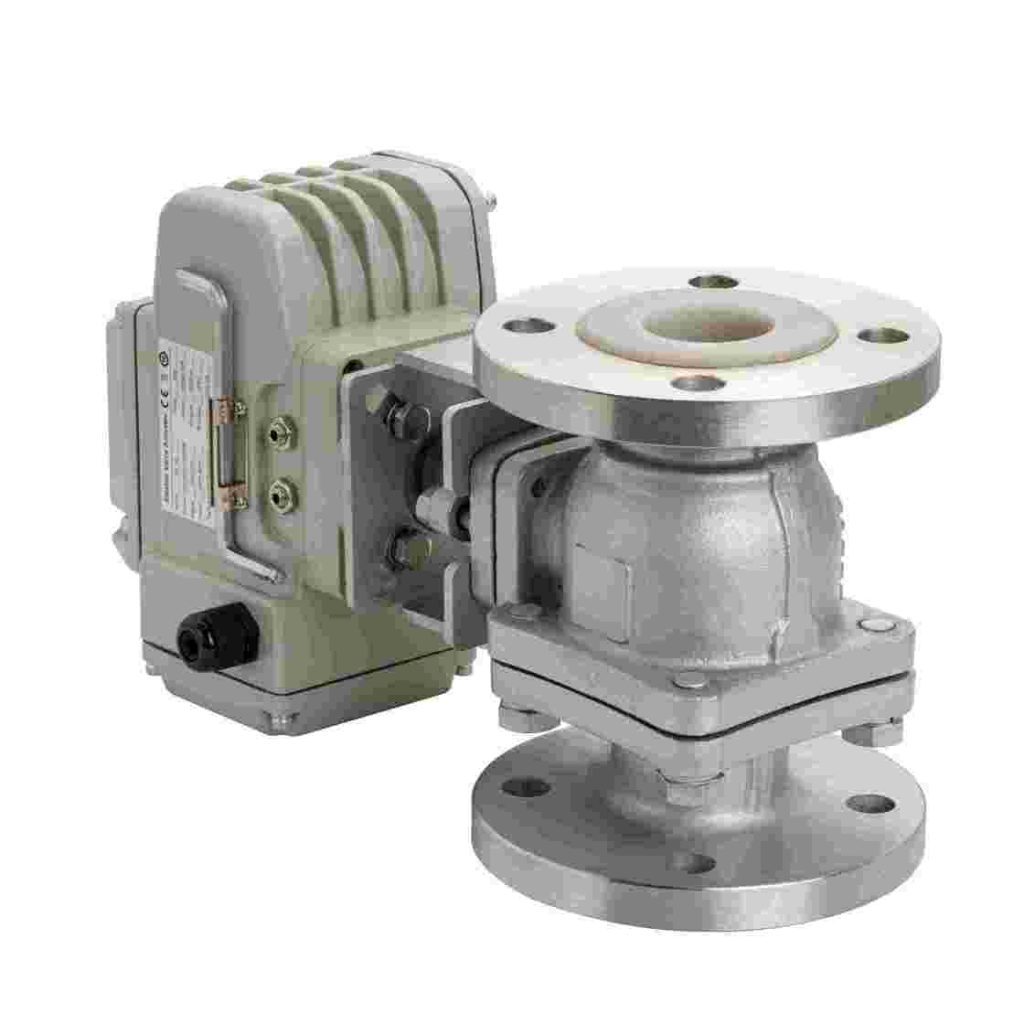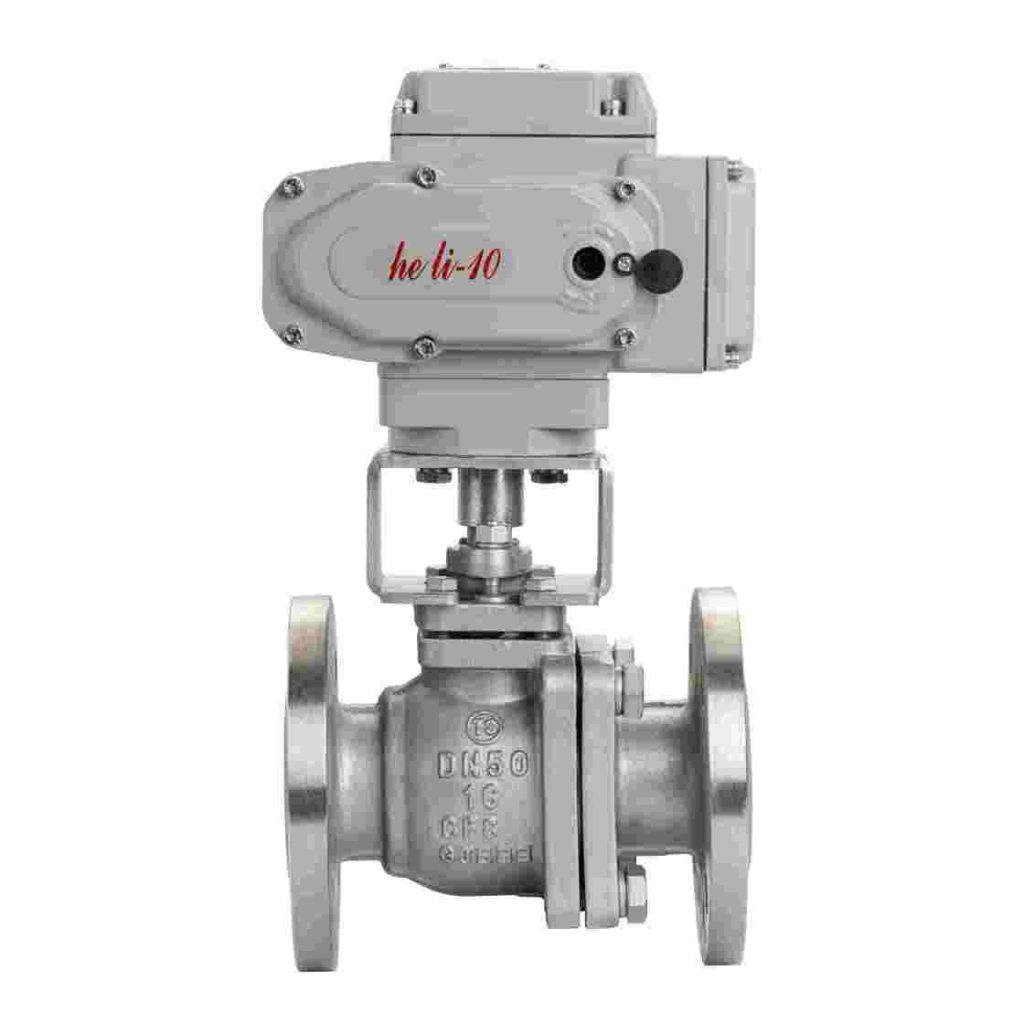Hydrogen energy is fast emerging as one of the most promising alternatives to traditional fossil fuels, offering a cleaner, more sustainable way to power industries, homes, and transportation. As hydrogen energy systems evolve, there is an increasing demand for components that can handle the unique challenges posed by hydrogen, including its flammability, reactivity, and the potential for corrosion. One such component gaining prominence is the Hydrogen Energy Electric Anti-Corrosion Ball Valve, a critical part of the infrastructure for hydrogen energy systems.

The Importance of Hydrogen Energy

Hydrogen, the most abundant element in the universe, has long been considered a key to a sustainable energy future. Unlike fossil fuels, hydrogen produces only water vapor when it is used as fuel, making it an incredibly clean energy source. Its versatility allows it to be used across various sectors, from transportation—through hydrogen fuel cells in vehicles—to industrial processes such as steel manufacturing. However, the widespread adoption of hydrogen as an energy source comes with its own set of challenges. The storage and transportation of hydrogen, for instance, require specialized equipment that can withstand the harsh conditions hydrogen presents. This is where high-quality, reliable valves play a critical role.
